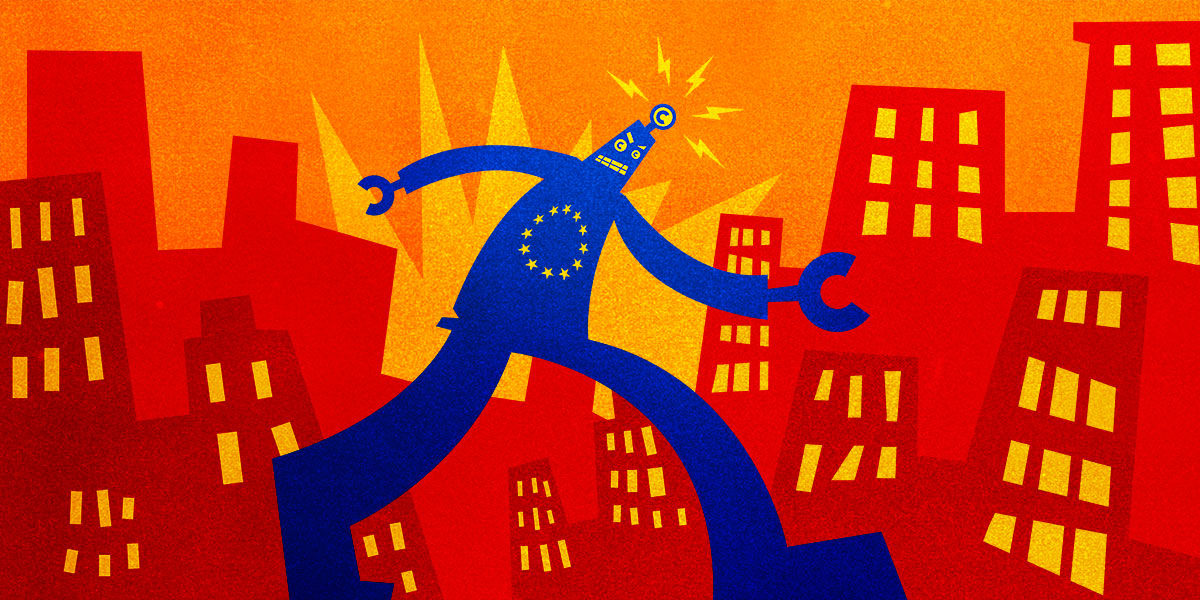"Impact litigation" is an invaluable activist tool. When lawmakers enact a rule that violates your constitution, you sue to have the law overturned. That means that you can reverse bad law and establish key protections through the courts.
1/
1/
It& #39;s true that lawyers are expensive, but not as expensive as, say, convincing the majority of lawmakers to betray the industry groups that lobbied them to pass an unjust law.
2/
2/
Lobbying delivers returns on spending almost without limit: there& #39;s always more you can accomplish with more lobbying.
But courtroom battles are different. As expensive as they can be, adding more lawyers to your battle does not produce returns beyond a threshold.
3/
But courtroom battles are different. As expensive as they can be, adding more lawyers to your battle does not produce returns beyond a threshold.
3/
Same goes for exotic tactics like paying experts to write law review articles to support your theory - beyond a certain ceiling, spending more money does not improve your case.
It& #39;s not an even playing field between activists and industry, but it& #39;s more even than any other.
4/
It& #39;s not an even playing field between activists and industry, but it& #39;s more even than any other.
4/
Impact litigation requires that you have a constitutional court that can apply scrutiny and invalidate law based on a set of constitutional principles, and it helps if that constitution has been around for a while, attracting jurisprudence that clarifies its meaning.
5/
5/
That& #39;s why impact litigation is such a powerful tactic in the USA, but has been less used in countries like Canada (whose Charter of Rights and Freedoms was established in 1982, and has a huge loophole in the "Notwithstanding Clause"):
https://globalnews.ca/news/4438198/notwithstanding-clause-doug-ford-bill-5-toronto-city-council/
6/">https://globalnews.ca/news/4438...
https://globalnews.ca/news/4438198/notwithstanding-clause-doug-ford-bill-5-toronto-city-council/
6/">https://globalnews.ca/news/4438...
The EU& #39;s top court, the CJEU, is older and better established, but many of the principles it upholds are newer, and its contemporary form only dates to 2009 and the Treaty of Lisbon, so its contours are not as crisp as you might like.
7/
7/
But when it comes to internet law, the CJEU has proved itself a force-multiplier for pushback against corporate hegemony: https://epic.org/privacy/intl/schrems/
8/">https://epic.org/privacy/i...
8/">https://epic.org/privacy/i...
EU activists are expanding their use of impact litigation, which is amazing. For example, @freiheitsrechte, which relies on Art 5 of German Basic Law (freedom of expression, press, information, arts, sciences, and from censorship) and the EU Charter of Fundamental Rights.
9/
9/
They& #39;ve just spun out a new project, Control-C, run by @senficon, the former Pirate Party MEP who did outstanding work fighting the 2019 Copyright Directive and its disastrous #Article13 (now Article 17).
https://freiheitsrechte.org/urheberrecht/
10/">https://freiheitsrechte.org/urheberre...
https://freiheitsrechte.org/urheberrecht/
10/">https://freiheitsrechte.org/urheberre...
Article 17 mandates upload filters for online services, requiring them to subject all user-submitted content to automated surveillance and blocking if the algorithm believes you have violated copyright.
11/
11/
The rule was the most controversial EU undertaking ever, with more than 5M signatures on a petition against it (the largest petition in EU history), and marches in 50+ cities. It passed by 5 votes (and afterwards 10 MEPs said they were confused and pushed the wrong button).
12/
12/
To pass it, its backers wrote some "protections" into the rule, including a guarantee that these filters would not block content that included copyrighted works for the purpose of commentary, criticism, parody and pastiche.
13/
13/
This means that the filters will only be legal if they can (for example) tell the difference between a song that samples a musician to condemn them for supporting the Directive, and one that does the same thing to celebrate them for their support.
14/
14/
I haven& #39;t been a programmer for a long time, but I& #39;m sceptical that this is possible, and this leads me to believe that the inclusion of these "protections" was either profoundly cynical or profoundly ignorant.
https://www.eff.org/deeplinks/2020/02/europeans-deserve-have-their-governments-test-not-trust-filters
15/">https://www.eff.org/deeplinks...
https://www.eff.org/deeplinks/2020/02/europeans-deserve-have-their-governments-test-not-trust-filters
15/">https://www.eff.org/deeplinks...
What& #39;s more, there is literally no conceivable way that automatically surveilling and judging everything that every European posts to the internet can comply with the #GDPR:
https://www.eff.org/deeplinks/2020/02/upload-filters-are-odds-gdpr
16/">https://www.eff.org/deeplinks...
https://www.eff.org/deeplinks/2020/02/upload-filters-are-odds-gdpr
16/">https://www.eff.org/deeplinks...
So the launch of Control-C is very exciting. Article 17 was plainly illegal and was only passed thanks to enormous spending by entertainment industry lobbyists (who falsely claimed the majority of spending was from the tech sector):
https://corporateeurope.org/en/2018/12/copyright-directive-how-competing-big-business-lobbies-drowned-out-critical-voices
17/">https://corporateeurope.org/en/2018/1...
https://corporateeurope.org/en/2018/12/copyright-directive-how-competing-big-business-lobbies-drowned-out-critical-voices
17/">https://corporateeurope.org/en/2018/1...
In reality, the US-based tech sector& #39;s first preference was to have no Directive, but its second preference was to have THIS Directive, which would make it impossible to launch EU-based competitors as they could never afford to comply with it.
18/
18/
That& #39;s why Facebook and Youtube both lobbied FOR filters (they already have them).
A17 is ripe for impact litigation. The cause is urgent. The pandemic has made educators reliant on online resources even as geographic and use restrictions have made these FAR less reliable.
eof/
A17 is ripe for impact litigation. The cause is urgent. The pandemic has made educators reliant on online resources even as geographic and use restrictions have made these FAR less reliable.
eof/

 Read on Twitter
Read on Twitter




